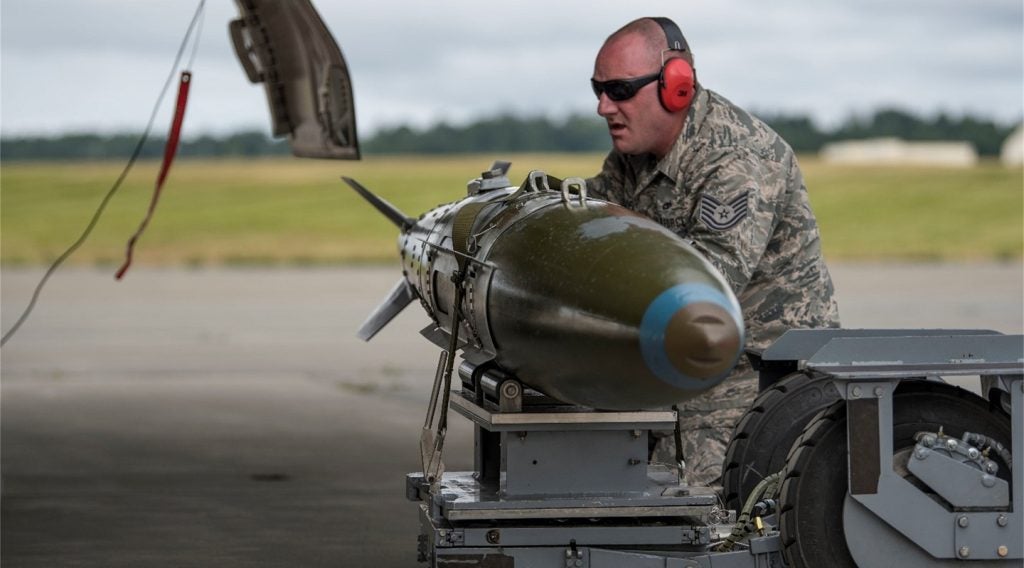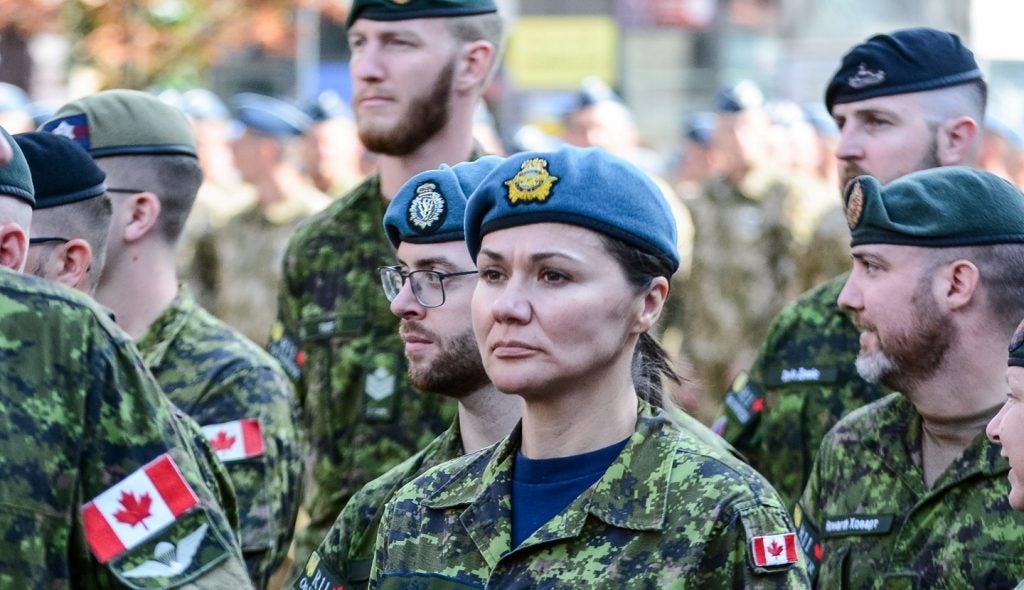
During the UK’s general elections last year, the Conservative Party manifesto made a promise: if re-elected, a Conservative government would “adapt to new threats, investing more in cybersecurity and setting up the UK’s first space command”.
Now the UK Government is advancing on its plans for space with the appointment of Director Space in the Ministry of Defence (MOD). But what exactly is the plan for this potential new branch in the British Armed Forces?
The UK’s ambitions align with those of other Western countries, including the US, which recently established its own Space Command, combatant command, and new branch of the military in the form of a dedicated Space Force. Space has been widely recognised as a warfighting domain around the world by now – as has the need to assert dominance above the atmosphere.
Early days for a UK space command
The UK’s plans for a space command are still in early stages, with a cross-government approach currently underway to decide the best way forward. We understand that the MOD is looking to build up the outline for the command as National Space Council meetings are due to get underway and help to shape the core plans for the command.
On top of this, plans for a space command will likely come under scrutiny during the UK’s upcoming Strategic Defence and Security Review (SDSR), which is expected to be completed by autumn. Major decisions on how the MOD decides to shape a future space command are unlikely to be made until then.
At the moment, the focus of the government is on establishing a number of entities to support the decision-making process. This includes establishing a new National Space Council and space strategy to guide operations. As a cabinet-level organisation, the National Space Council will decide how the UK goes forward in space and where its priorities lie.
How well do you really know your competitors?
Access the most comprehensive Company Profiles on the market, powered by GlobalData. Save hours of research. Gain competitive edge.

Thank you!
Your download email will arrive shortly
Not ready to buy yet? Download a free sample
We are confident about the unique quality of our Company Profiles. However, we want you to make the most beneficial decision for your business, so we offer a free sample that you can download by submitting the below form
By GlobalDataThe role of the Director Space
The new Director Space within the MOD, Air Vice Marshall Harvey Smyth, is set to guide the MOD’s space policy and develop a coherent strategy for the domain for the ministry to follow.
This role is set to encompass all parts of UK defence in order to better connect activity and resources directed at space from across land, air and sea. A focus of the role, according to the MOD, will be to help build a space industrial base in the UK to support the government’s ambitions.
Smyth, although not technically a Space Commander, assumes the role of the UK’s first ‘Space Commander’ in his new capacity of Director Space, after previously heading up fast jet and ISTAR operations of the Royal Air Force (RAF).
As was the case in the US before the creation of the dedicated Space Force, the UK’s space operations will, for now, continue to sit under the RAF.
 Air Vice Marshall Harvey Smyth has been appointed Director Space. Image: Crown Copyright / MOD
Air Vice Marshall Harvey Smyth has been appointed Director Space. Image: Crown Copyright / MOD
Wider plans for space
The UK has made no secret of its ambitions to step up its activities in space both in a defence and civil context. Last year, then-Defence Secretary Penny Mordaunt offered a glimpse of the UK’s plans at the RAF Air and Space Power conference.
Delivering a keynote speech at the event, Mordaunt outlined investment in a small satellite demonstrator project known as Team Artemis, and the secondment of an RAF pilot to Virgin Orbital’s space programme – perhaps an early indicator of closer defence and private sector collaboration in the domain.
At the time, Mordaunt announced that the UK’s Strategic Command – officially formed late last year – would assume most of the control of space operations as the dedicated body for pan-domain coordination in the UK. However, the new space command, once established, will likely take more control of the day-to-day operations in the space domain.
Millions have been pumped into the UK’s space activities since the start of 2019. The Defence Science and Technology Laboratory (Dstl) has acquired its first ground station early in the year, the Defence and Security Accelerator (DASA) has allocated funds to the development of innovative space systems, and the UK is cooperating closely with the US on a number of other projects.
These joint UK-US endeavours include Operation Olympic Defender designed to strengthen deterrence against hostile activity in space. Under this project the UK last year seconded a number of personnel to the US Combined Space Operations Centre.
The UK is also collaborating with the US on the small satellite programme known as Team Artemis, which aims to develop low orbit satellites to deliver enhanced situational awareness to fighter pilots. The plan is for the small satellites to be able to stream live high-definition pictures directly into the cockpits of fighter jets.
While the exact scope of the UK’s future space command remains to be seen, it is clear that the MOD’s efforts to secure a leading position in the global space race are already in full swing.







